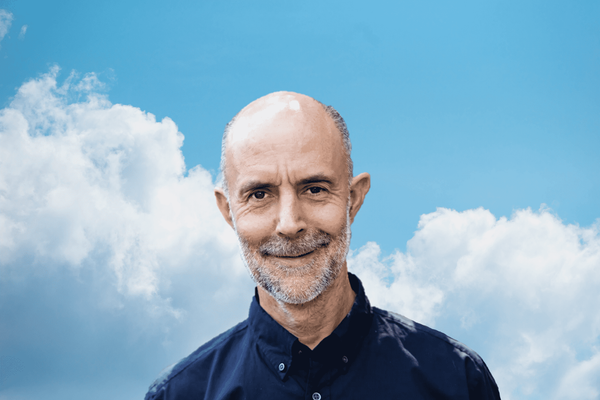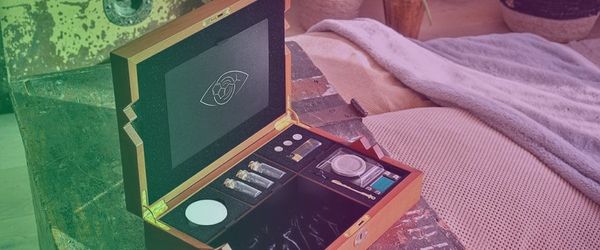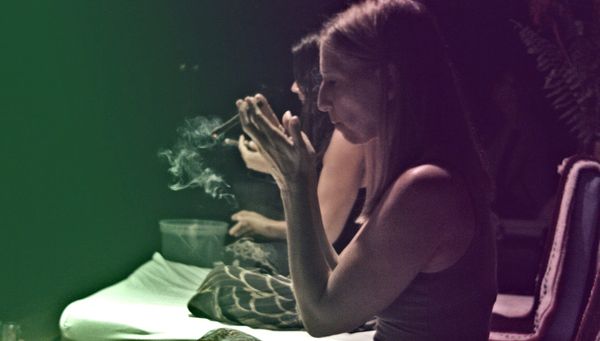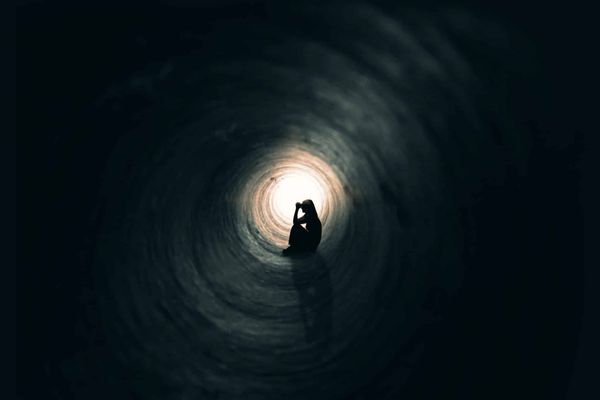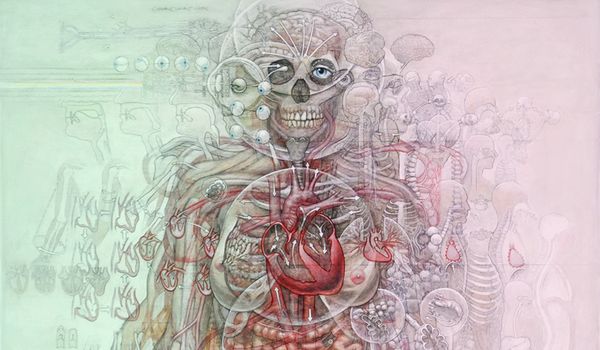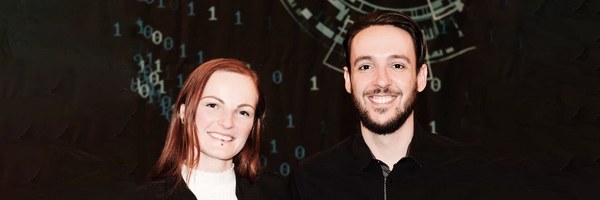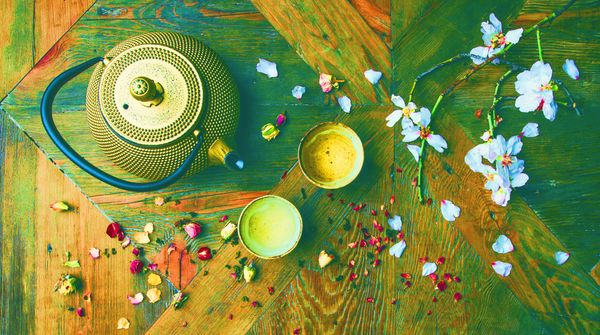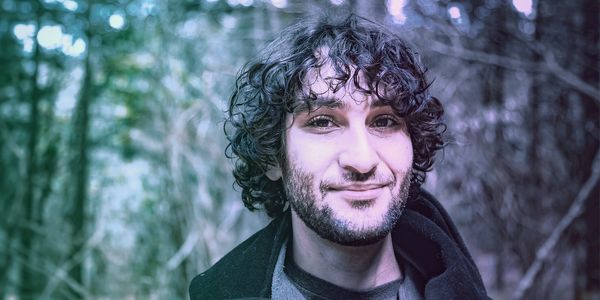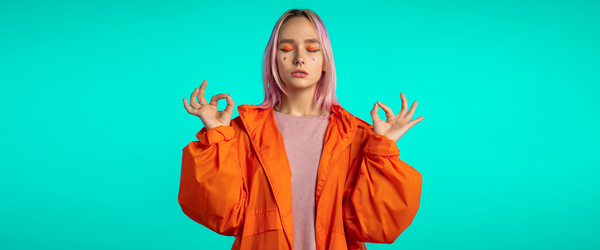Jordan Bates • • 7 min read
Spaciousness: How to Free Your Mind and Stop Living Reactively
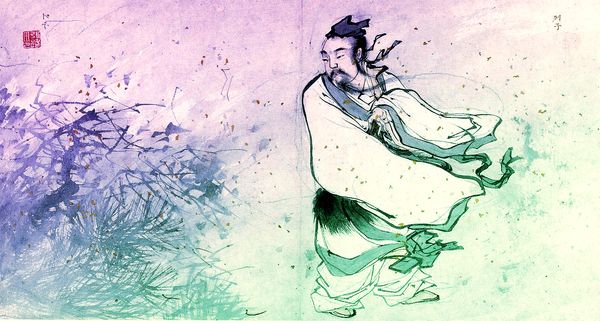
“Between stimulus and response there is a space. In that space is our power to choose our response. In our response lies our growth and our freedom.”
— Viktor Frankl
‘Spaciousness’ is a Buddhist concept that has been profoundly useful and liberating for me.
Perhaps it will prove nourishing for you as well.
Spaciousness feels like having more space in your mind.
It feels like widening the space between stimulus and response, such that you can stop living in reaction and begin responding skillfully to reality.
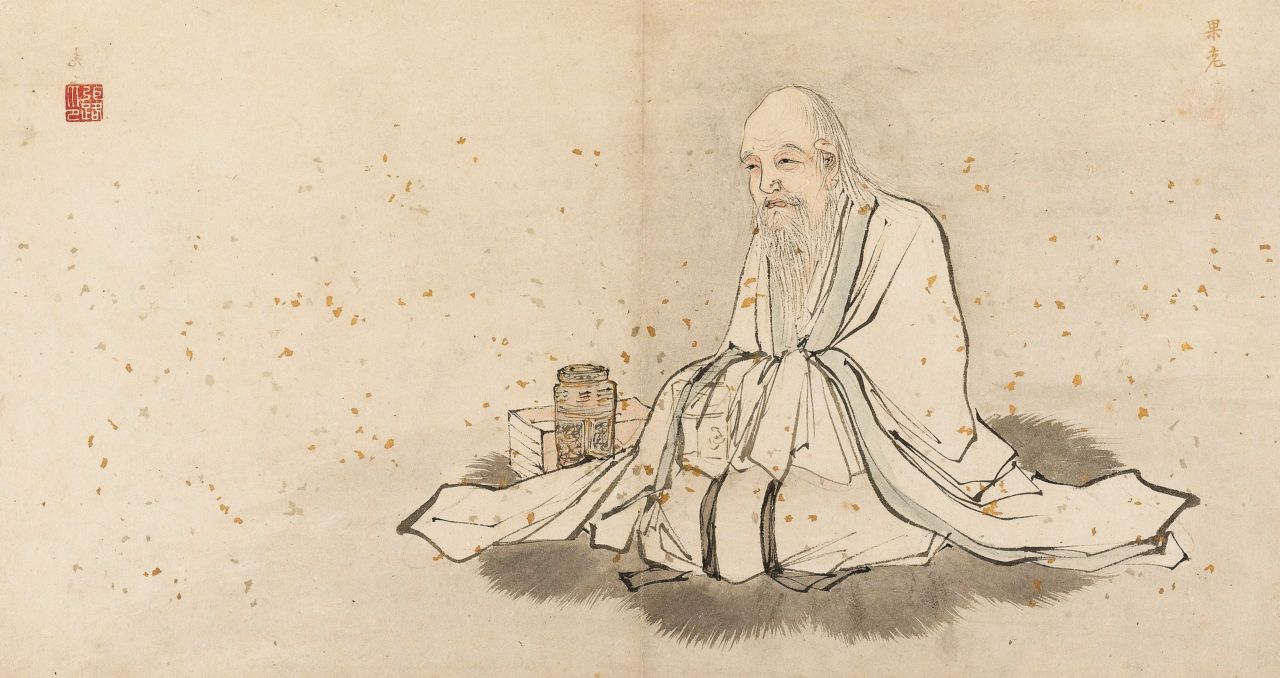
David Chapman on Spacious Freedom
A couple years ago while perusing David Chapman’s remarkable work, I happened upon an intriguing post on ‘Spacious Freedom.’ [1]
Reading it, I was struck by the clarity and conciseness with which David articulated the powerfully liberating Buddhist concept of ‘spaciousness.’
The post was one of the most concentrated doses of wisdom I’ve ever absorbed, and I’d like to share its essence with you.
I’ll let David take over:
“‘Spaciousness’ is freedom from fixed meanings. Spaciousness liberates you from automatic interpretations, and from habitual responses.
Lacking spaciousness, here is the pattern of life:
This is unnecessarily limited at steps 3 and 6:
Spaciousness is an attitude: the willingness to suspend the process of meaning-making. Spaciousness is the willingness to allow unknowing, uncertainty, confusion, ambiguity, meaninglessness.
Spaciousness values astonishment, perplexity, and groundlessness. Spaciousness gives experience a quality of freshness: every situation appears unique, not merely as another instance of a familiar category.”
this post from @Meaningness on 'spacious freedom' is still one of the most concentrated doses of wisdom i've ever absorbedhttps://t.co/KsxlfVefwp pic.twitter.com/4T4494vXJv
— Jordan Bates ࿊ (@_jordan_bates) October 13, 2018
Spaciousness is closely related to cultivating a Beginner’s Mind: a mind that is wide open, non-rigid, non-dogmatic, ready to receive the raw, vivid reality of each moment without immediately judging, filtering, and categorizing it based on preexisting beliefs.
Non-reactive spacious awareness is freedom. The experience of gaining spaciousness is the experience of increasingly feeling that you can choose how to interpret events and choose how to respond to emotional energy, rather than being a slave to habitual patterns.
It is not easy to attain a state of wide-open spaciousness, but it is easy to begin walking the path of cultivating more spaciousness.
You can do this simply by beginning to observe yourself closely. Observe how your automatic reactions and habitual interpretations create your reality. Observe how it would be possible to create a different reality by loosening your grip on your default reactions.

A Story: Flat Tire
Let’s say a person’s car suddenly gets a flat tire.
A person deep in self-pity and resentment will reactively start telling themselves a story like: “God dammit, why does this shit always happen to me? I swear this universe just fucking hates me. Everything is out to get me. Fuck, fuck, fuck. Nothing goes my way.”
This will reinforce their habitual response to reality—that of viewing themselves as a pitiable victim and scanning their environment for evidence to confirm this story.
A spacious, awakened, deeply peaceful person, on the other hand, might respond internally like this: “Ah, I see that this is happening now. Okay. I’ll have to change the tire and will be running a bit later than expected. This could be a fine chance to get some fresh air, appreciate the setting sun, maybe meditate a little. Perhaps this change of timing will have some happy results; we never know what things are good for, after all.”
This simple example illustrates how our state of being and mode of perception create our reality. The very same situation can be experienced as night-and-day different by two people in dramatically different states of being.
This points to the possibility of liberation; it suggests the massive quantity of suffering we can transcend by cultivating a spacious way of being.
Stop Creating “Good” and “Bad”
“… the very search for pleasure is the cause of pain.”
— Sri Nisargadatta Maharaj, I Am That
A wise woman told me that the root of all our problems is the mental process of judging some experiences as “good” and others as “bad,” some as desirable and others as undesirable.
This dichotomy becomes a torture chamber.
To cultivate spaciousness, I find it useful to practice not judging events, experiences, emotions as ‘good’ or ‘bad,’ desirable or undesirable.
Practice seeing whatever is happening as simply ‘what is happening now,’ and trust that whatever is happening is workable, manageable, and likely contains hidden lessons or gemstones.
“Accept — then act. Whatever the present moment contains, accept it as if you had chosen it. Always work with it, not against it. Make it your friend and ally, not your enemy. This will miraculously transform your whole life.”
— Eckhart Tolle, The Power of Now
As you begin to practice this, you’ll find that it’s very difficult, as we’re heavily conditioned to dichotomize the content of our reality into that which is desirable and that which is undesirable.
When we do this, though, we suffer. A lot. If one feels anger, fear, or guilt, yet remains neutral about these things and simply experiences them, they wouldn’t be so difficult. They may even be useful; they may teach us about ourselves. There is nothing wrong with experiencing negativity; this is a universal aspect of the human experience.
But when we experience such things and immediately condemn ourselves for experiencing them, grit our teeth and resist them, and concoct a self-judging story about them that we keep replaying in our minds, we pour kerosene on the fire and make everything feel exponentially worse.
A spacious person will still experience pain in life, as this is unavoidable; but they will suffer far less by responding more skillfully to their pain.

‘Lao Tse’ by Nicholas Roerich (Source)
Stop Thinking and End Your Problems
Nothing is inherently a problem; the mind makes it so.
This is why, 2,500 years ago, Lao Tzu wrote in the Tao Te Ching, “Stop thinking and end your problems.”
To be sure, we need to think sometimes, but the vast majority of humanity’s mental activity is not helpful; it’s often downright insidious.
When you begin to watch closely, you increasingly notice how the mind is the source of all “problems.”
When you drop your narratives about reality and focus on the sensory data of this moment, “problems” dissolve.
The essence of meditation is to come into a state of deep presence and see clearly the traps of the monkey mind by observing its neurotic movements with openness, gentleness, non-judgment, compassion, and humor. This practice increases spaciousness.
One can do this through forms of sitting meditation, such as focus meditation: Dropping one’s mental stories about reality and simply following the breath, or repeating a mantra, or focusing on the energy of aliveness coursing through the body. The mind will doubtlessly try to pull you away; this is perfectly okay; this is how you learn to see its funny tricks; you simply smile at it then return to the breath, mantra, the aliveness of the body, or another object of focus.
Or, you can practice choiceless awareness: Simply sitting in open awareness, watching thoughts, feelings, phenomena arise but not clinging to them, not choosing one thing over another, allowing all things to drift past like leaves on the breeze. This becomes easier when you begin to see that you are not your thoughts. You are the witnessing awareness; learn to remain as the witness.
One can also practice cultivating spaciousness at any time in day to day life, by observing closely how your conditioned mental-emotional system reacts to reality, conjures up over-dramatic stories about it, and gets you in trouble by ‘hooking’ you into this drama.
You can then practice dropping your stories and simply feeling the energy in your body, allowing it to be just what it is without judging it, and watching it gradually run its course and dissolve. Through this process you begin to un-learn your automatic interpretations/reactions. A lighter way of being becomes possible.
Parting Words: Spacious Flow
“Flow with whatever may happen, and let your mind be free: Stay centered by accepting whatever you are doing. This is the ultimate.”
— Chuang Tzu
Much more could be said about spaciousness, but hopefully this introduction has been useful and curiosity-inducing for you.
Meditation—gently observing the mind and non-judgmentally feeling whatever you are feeling—is the key to unlocking ever greater degrees of spaciousness.
If you feel drawn to dive deeper into meditation, I highly recommend reading The Power of Now by Eckhart Tolle; Letting Go by David Hawkins; and taking our self-liberation course, 30 Challenges to Enlightenment.
I’ll leave you with one of my favorite Zen stories. I have a tattoo on my arm that says “we’ll see,” a reference to this story. Ponder how the protagonist in this story embodies spaciousness:
A farmer had only one horse. One day, his horse ran away.
His neighbors said, “I’m so sorry. This is such bad news. You must be so upset.”
The man just said, “We’ll see.”
A few days later, his horse came back with twenty wild horses following. The man and his son corralled all twenty-one horses.
His neighbors said, “Congratulations! This is such good news. You must be so happy!”
The man just said, “We’ll see.”
One of the wild horses kicked the man’s only son, breaking both his legs.
His neighbors said, “I’m so sorry. This is such bad news. You must be so upset.”
The man just said, “We’ll see.”
The country went to war, and every able-bodied young man was drafted to fight. The war was terrible and killed every young man, but the farmer’s son was spared, since his broken legs prevented him from being drafted.
His neighbors said, “Congratulations! This is such good news. You must be so happy!”
The man just said, “We’ll see.”
Cheers to non-reactive spacious awareness.
Cheers to freedom.
Cheers to flow.
Cheers to peace.
Go forth and be spacious.
———
Footnotes:
[1] David Chapman is a Buddhist and artificial intelligence specialist who profoundly influenced my worldview in recent years. His ‘meta-rational’ perspectives on human development, ethics, politics, science, and the nature of meaning and existence are paradigm-shattering yet refreshingly straightforward. David is probably best known for Meaningness, an in-progress hyper-text book that attempts to synthesize Dzogchen Buddhist thought and Robert Kegan’s model of adult development. I also recommend following him on Twitter, as well as his other blogs, Buddhism for Vampires; Vividness; and Approaching Aro.

Jordan Bates
Jordan Bates is a lover of God, father, leadership coach, heart healer, writer, artist, and long-time co-creator of HighExistence. — www.jordanbates.life

